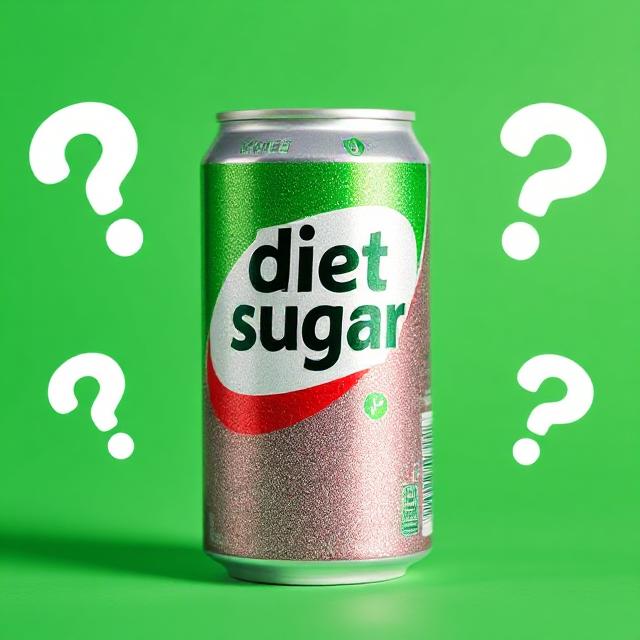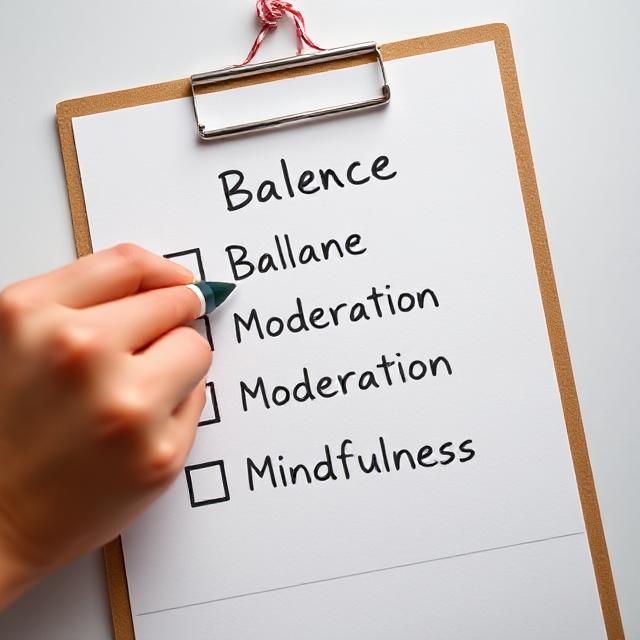
🧠 Introduction
The Truth Behind “Healthy” Habits
Let’s be real—most of us are trying to live healthier. Whether it’s eating clean, doing HIIT workouts, or chugging water all day long, we believe we’re doing the right thing. But what if I told you that some of these “healthy” choices are secretly sabotaging your body?
Why This Article Matters
You might think you’re doing your body a favor, but lurking behind many health trends are habits that do more harm than good. This isn’t about fear—it’s about awareness. Let’s break down the 10 most surprising health habits that could be ruining your body without you even knowing it.

1. Overhydration: Drowning Your Organs
When Water Becomes Too Much
We’re all told to “drink more water.” But there is such a thing as too much. Overhydration, also known as water intoxication, can dilute the sodium in your blood, leading to a dangerous condition called hyponatremia.
How Overhydration Damages Kidneys and Electrolyte Balance
Your kidneys can only process so much water per hour. Going beyond that? You stress your organs and mess with your body’s electrolyte levels. Instead of glowing skin, you could be risking nausea, seizures, or worse.

2. Excessive Cardio: More Isn’t Always Better
How Too Much Cardio Affects Your Heart and Muscles
Yes, cardio is good. But pushing your body every day without rest can strain your heart, break down muscle mass, and spike cortisol levels. You’re not building endurance—you’re breaking yourself down.
The Stress-Hormone Connection
Cortisol, your body’s stress hormone, increases with overtraining. It leads to fat storage (especially belly fat), disrupted sleep, and mood swings. Yikes!

3. Obsessive Clean Eating: Orthorexia in Disguise
When Healthy Eating Turns Toxic
There’s a thin line between healthy eating and obsession. Orthorexia is an eating disorder centered around fixation on food purity. That vegan, gluten-free, sugar-free smoothie bowl might be driving you to mental exhaustion.
The Mental and Physical Toll of Restrictive Dieting
Strict food rules can lead to nutrient deficiencies, social withdrawal, and anxiety. It’s not just what you eat, it’s how you feel about food.

4. Using Antibacterial Products All the Time
Killing the Good Bacteria Too
We’re in the era of hand sanitizers and antibacterial soaps. But here’s the kicker—they also kill the beneficial microbes that support our immunity.
Impact on Immune Function
Overusing antibacterial products can leave you more vulnerable to illnesses and even increase antibiotic resistance.

5. Sleep Bingeing on Weekends
The Sleep Debt Myth
Think you can “catch up” on sleep over the weekend? Not quite. Irregular sleep patterns mess with your circadian rhythm, causing fatigue and poor focus even after 10 hours of shut-eye.
How Irregular Sleep Messes with Your Body Clock
Consistent sleep is key. Sleep bingeing disrupts hormonal cycles and may increase the risk of obesity, diabetes, and heart problems.

6. Overuse of Supplements
Not Always Natural = Not Always Safe
We get it—vitamins, protein powders, detox pills. But supplements aren’t harmless. They can interact with medications, overload your liver, and lead to nutrient imbalances.
The Dangers of Vitamin Toxicity
Too much Vitamin A? Risk of liver damage. Excess iron? Hello, organ stress. Always consult a professional before loading up.

7. Skipping Meals in the Name of Intermittent Fasting
When Fasting Backfires
Intermittent fasting can help some people, but for others, skipping meals leads to binge eating, mood swings, and brain fog.
Cortisol, Fat Storage & Hormonal Imbalance
Your body may interpret long fasts as stress, increasing cortisol and fat retention. Especially risky for women due to hormonal sensitivity.

8. Ignoring Mental Health for the Sake of Hustle
Burnout is Real
You can’t “grind” your way to good health. Ignoring mental health for work, hustle, or performance can result in anxiety, depression, and even physical symptoms like fatigue or chronic pain.
How Stress Wrecks Your Body from the Inside Out
Chronic stress affects your heart, gut, skin, and immune system. Taking care of your mind is taking care of your body.

9. Sitting Too Much—Even If You Work Out
The “Active Couch Potato” Syndrome
You work out an hour a day, but sit for the remaining 15? That’s the “active couch potato” trap. And it’s hurting your health more than you think.
Long-Term Effects on Metabolism and Longevity
Prolonged sitting slows down metabolism, weakens muscles, and increases the risk of blood clots. Small hourly movements make a huge difference.

10. Drinking Diet Soda as a “Healthier” Option
Artificial Sweeteners & Gut Health
Diet soda might be calorie-free, but it’s not consequence-free. Artificial sweeteners can disrupt your gut microbiome and confuse your metabolism.
Increased Cravings & Metabolic Confusion
The sweetness tricks your brain into expecting sugar, causing cravings and insulin spikes—ironically leading to weight gain.

✅ Conclusion
Reassessing Your Habits with Awareness
Living healthy isn’t about trends or extremes—it’s about balance. Some habits that seem beneficial on the surface can be secretly sabotaging your long-term health.
Small Changes, Big Results
Take inventory of your daily routines. Sometimes, just doing a little less or changing your approach makes all the difference. Health isn’t about perfection—it’s about sustainable awareness.

❓FAQs
1. Is drinking too much water really dangerous?
Yes, excessive water intake can cause hyponatremia, diluting sodium levels and stressing your kidneys.
2. Can exercising too much cause harm?
Absolutely. Overtraining can spike stress hormones, damage muscle, and harm your heart over time.
3. What is orthorexia?
It’s an eating disorder involving an unhealthy obsession with eating “pure” or “clean” foods.
4. Are supplements bad for you?
Not always, but overuse or combining multiple supplements without professional guidance can cause toxicity or interactions.
5. How do I break bad health habits?
Start with awareness, set small goals, track your progress, and don’t hesitate to ask for support when needed.


